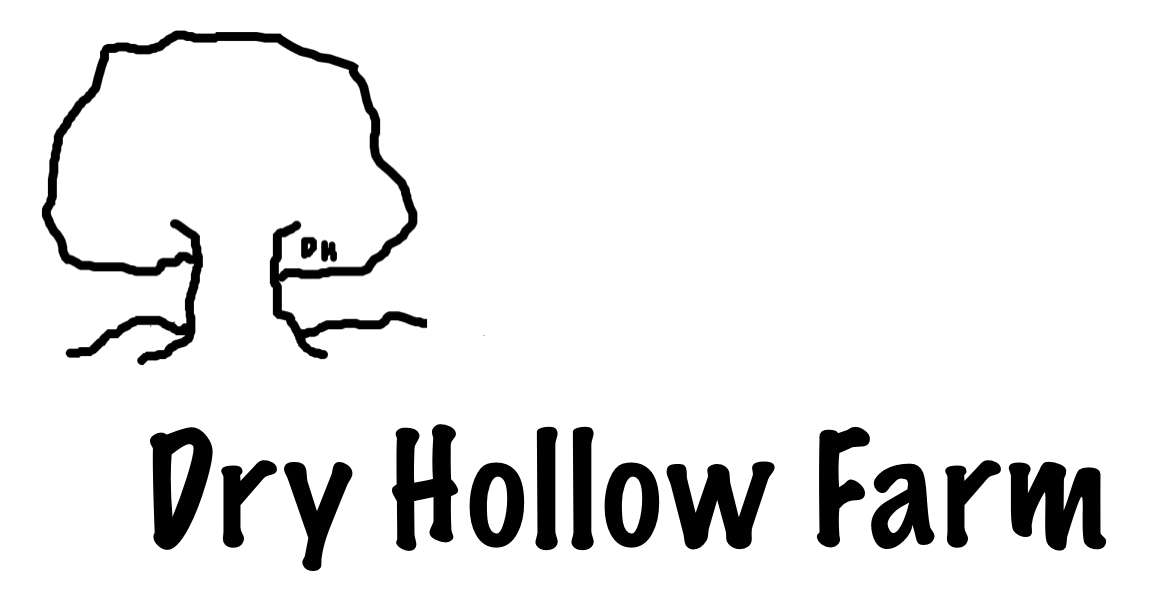The Problem with Parasites
Every long-term goat owner knows the symptoms as soon as they seem them:
#1 The goat is no longer roaming around the field with the rest of the herd, but lies by itself in a shelter or along the fence line.
#2 When they stand up, you see evidence of diarrhea on their hind legs or puddles of it in the shelter or barn.
#3 The sclera of their eyes is bone white instead of a healthy salmon pink.
And voila … this animal that yesterday was running around the field with the rest of the herd, begging for treats, or quietly chewing its cud in the sun is now lethargic and too weak to walk. Of course, there are other explanations for a goat becoming sick, but more often than not, the illness results from an overload of parasites, and your animal may not survive them.
Of course, there are other explanations for a goat becoming sick, but more often than not, the illness results from an overload of parasites, and your animal may not survive them.
Talk to a hundred different goat owners and they will give you a hundred different ideas for preventing and treating parasite overloads in your herd. It’s not that livestock owners have such a difference of opinion, but rather the plethora of factors that contribute to your goat’s health that make every situation different.
For example, we recently made a goat purchase from an owner who claimed they had culled their herd religiously over the past five or six years to create goats immune to parasites. What happened when we brought them to our farm? Two goats struggled with parasite loads within a couple months of their arrival.
Why? Are we somehow “bad” goat people?
We placed these goats in an overgrown pasture with two acres of open land and two acres of woods. The number of animals on this area was small enough that they couldn’t keep up with summer growth so there was plenty for the animals to consume. Often parasites are connected with goats eating all vegetation down to the dirt which allows parasites from goat feces to re-enter an animal’s digestive tracts and quickly multiply. Not true for these goats who spend their days roaming the open pasture and woods, snacking on a smorgaboard of food.
In addition to offering diverse grazing opportunities, we administered a dewormer and gave each goat a copper bolus to take care of any worms they brought with them and help with prevention.
So why did two of these new members of our goat herd demonstrate a parasite overload?
This is a challenging question to answer. My gut instinct says that although their former owner considered them resistant to parasites, they were not immune to whatever they encountered on our farm. Every farm with animals has parasites in the dirt. One benefit of rotational grazing is the movement of animals from one pasture to another that gives time for the parasite presence to diminish or get eaten by another animal breed. There will also be variation from one pasture to another on any given farm. Whereas one animal may be immune to a given parasite, another will sicken with overload.
Discussions of parasite problems in goat herd are numerous across the internet and in any location livestock owners frequent. Listen, read, and take away as much information as possible. But remember, your farm, your dirt, your pasture will produce a different environment for your animals. Add to this the fact that you are also raising a different set of animals and you will quickly realize the diversity of factors impacting the issue.
For this reason, I will only make one recommendation for dealing with parasite problems in dairy goats: add electrolytes to your treatment plan. If we only medicate sick goats, we often lose them regardless of how much medicine we dump down their throats or inject. I have learned to keep bottles of sports drinks or child liquid electrolyte supplements on hand. As soon as a goat shows signs of lethargy, I will give a dewormer plus oral syringes full of sports drink as many times a day as I can manage. The key is keeping the animal alive long enough for the medicine to work to regain their strength. Remember - they may not drink on their own, so simply placing electrolytes in their water trough will not suffice. For some reason, it took me way too long to figure this out!
Dr. Kathryn Bush owns and operates Dry Hollow Farm, a working goat and sheep farm in Huntingdon, Tennessee. Together with her husband, Russell, she creates skincare products from their fresh goat milk, grows organic herbs, welcomes visitors to their two cabins on the farm (available for stays through Airbnb), keeps the farm’s on-site soap shop stocked with their handcrafted products, and enjoys working the farm in company with their Great Pyrenees dogs (who work hard guarding the animals). Check out their natural products featuring farm-grown ingredients here, and sign up for the Dry Hollow Farm newsletter to stay in touch and be the first to hear about farm news, events, and new products.


